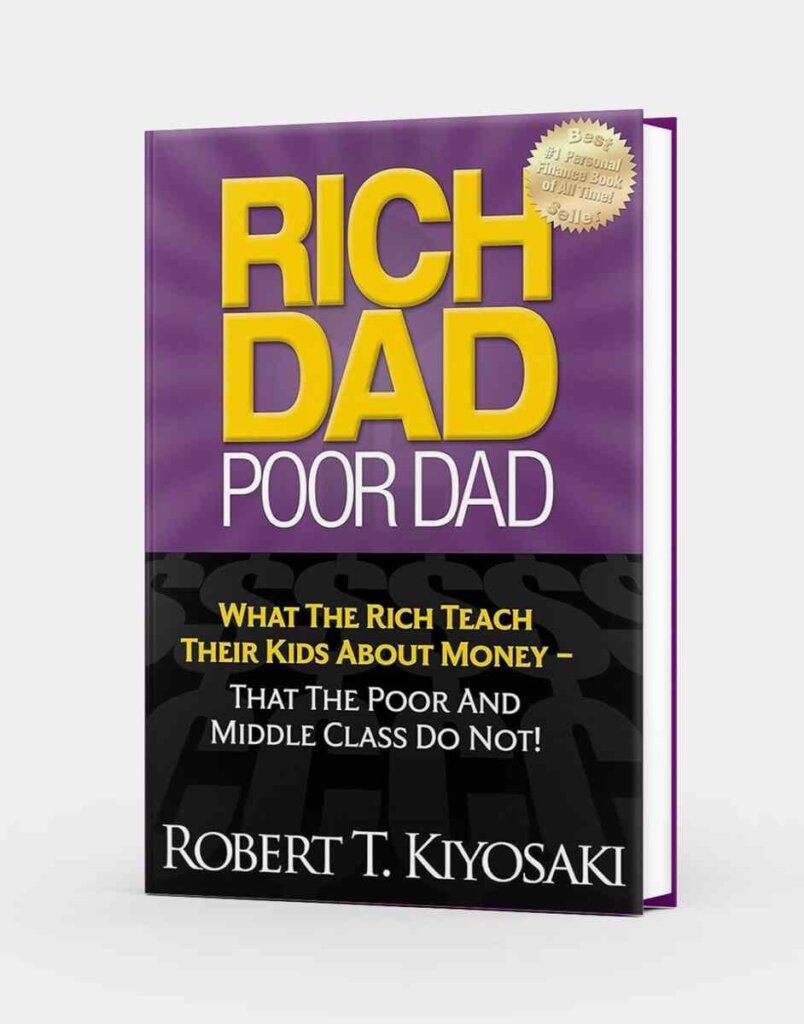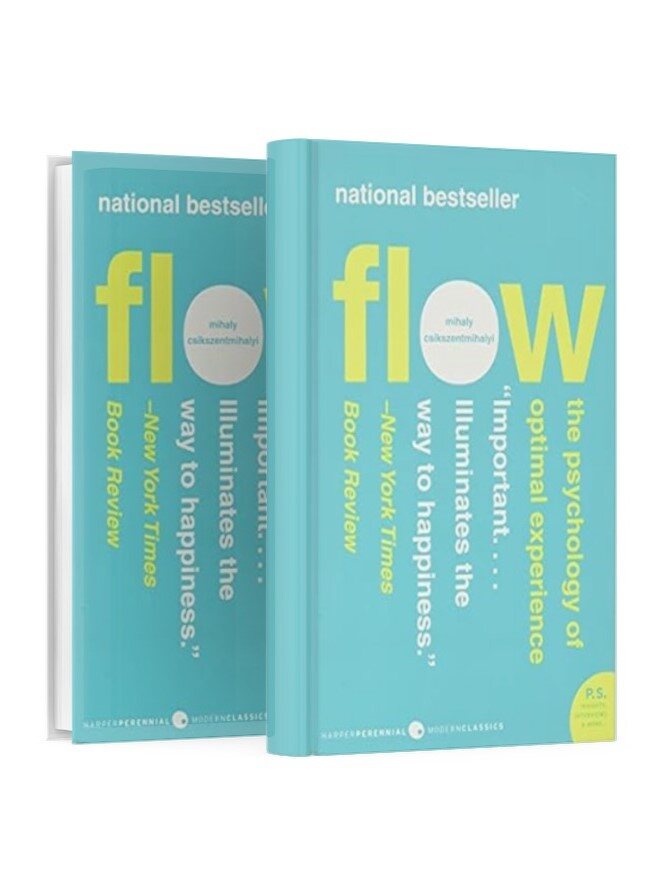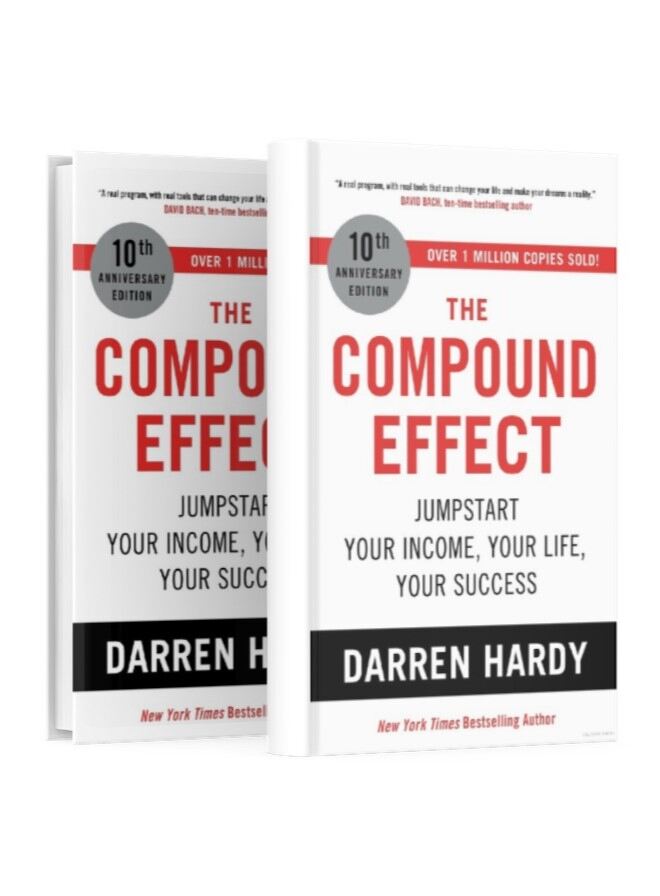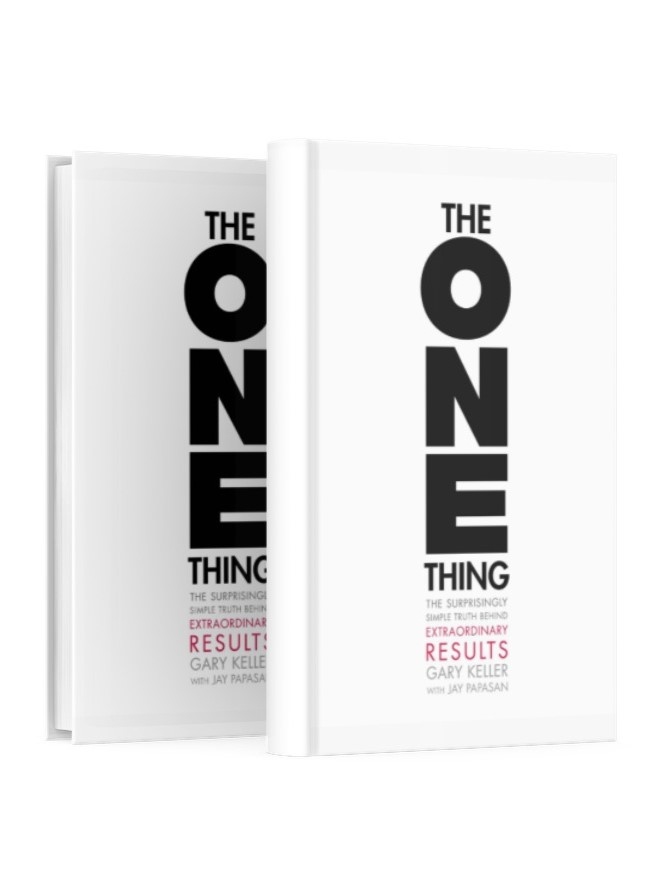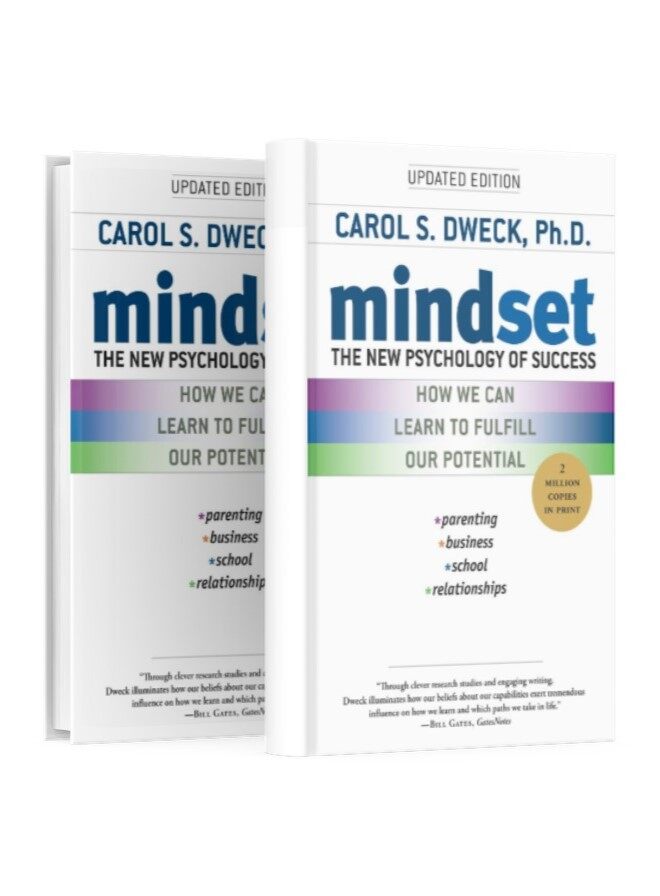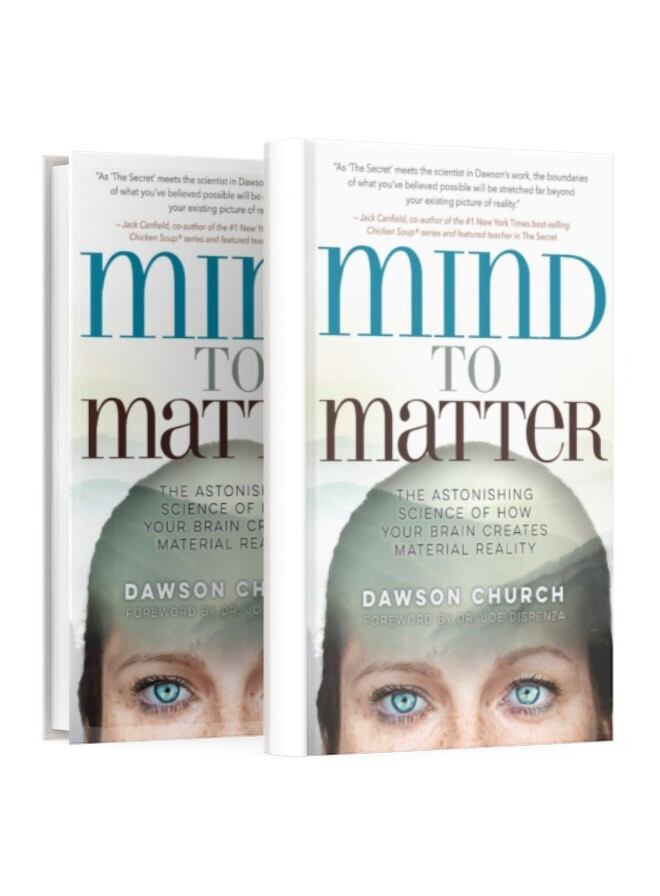Introduction
Have you ever wondered why some people seem to effortlessly attract wealth, while others struggle to stay afloat financially?
This question has captivated readers for decades, and one book in particular has sparked countless discussions: Rich Dad Poor Dad by Robert Kiyosaki.
For over 25 years, this book has been a controversial bestseller, praised by some for its financial insights and criticized by others for its oversimplification and potentially misleading advice.
As a personal finance expert with over 15 years of experience, I’ve delved into countless financial resources, and today, I’m offering my Review Of Rich Dad Poor Dad.
In this post, I’ll dissect the book’s core concepts, analyze its strengths and weaknesses, and ultimately help you decide if its lessons hold value for your personal financial journey.
Get ready to separate myth from money wisdom as we embark on this Review Of Rich Dad Poor Dad.
Also Read: Flow Book Summary: By Mihaly Csikszentmihalyi
The Story Behind Rich Dad Poor Dad

Rich Dad Poor Dad is about Kiyosaki’s early experiences with two father figures: his biological father (“poor dad”) and his friend’s father (“rich dad”).
Through these opposing stories, Kiyosaki underscores the significance of financial education, saying that traditional education frequently overlooks critical financial literacy abilities.
This primary message has a strong resonance.
Financial education enables people to make informed money decisions, encouraging a proactive approach to wealth accumulation.
While the book’s primary focus is on building wealth through asset acquisition and investment, the basic notion of taking control of your financial education remains relevant.
Also Read: The Compound Effect- Book Review
The Power of Financial Education

Rich Dad Poor Dad is about Kiyosaki’s early experiences with two father figures: his biological father (“poor dad”) and his friend’s father (“rich dad”).
Through these opposing stories, Kiyosaki underscores the significance of financial education, saying that traditional education frequently overlooks critical financial literacy abilities.
This primary message has a strong resonance. Financial education enables people to make informed money decisions, encouraging a proactive approach to wealth accumulation.
While the book’s primary focus is on building wealth through asset acquisition and investment, the basic notion of taking control of your financial education remains relevant.
Assets vs. Liabilities
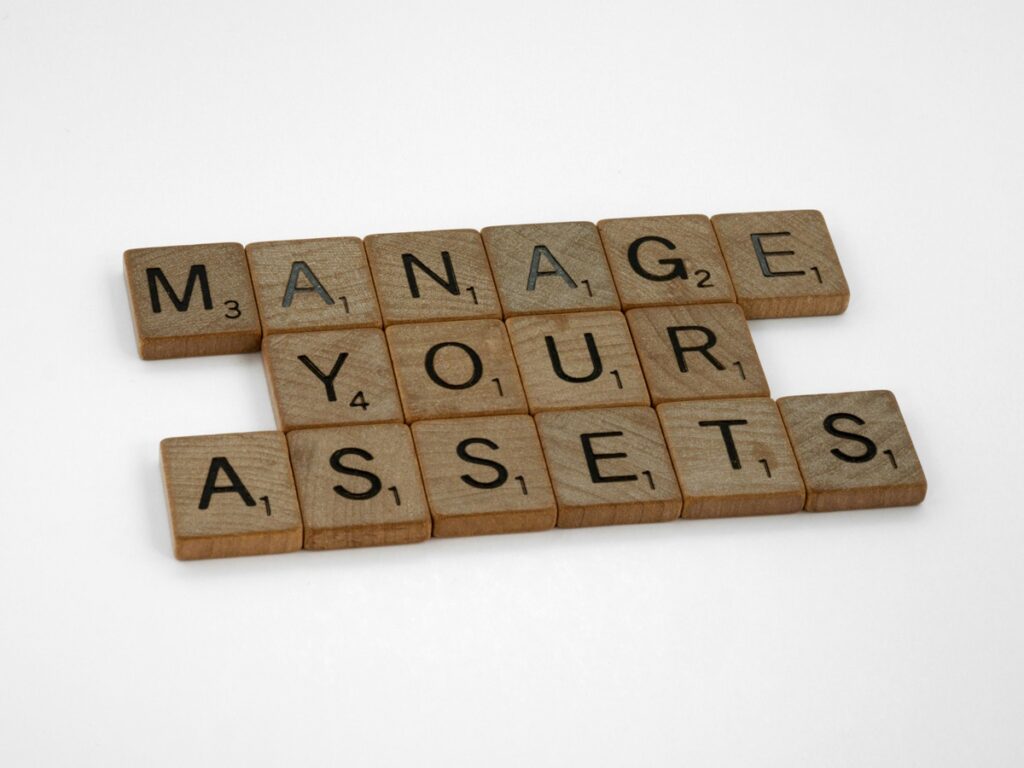
One of the most frequently discussed themes in Rich Dad Poor Dad is the contrast between assets and liabilities.
Kiyosaki describes assets as items that put money in your pocket, whereas liabilities take money out.
This distinction encourages readers to prioritize the acquisition of income-generating assets, such as real estate or enterprises, above the accumulation of liabilities, such as consumer debt, which depletes resources.
This oversimplified concept, while compelling, requires complexity.
Not all debt is necessarily bad. For example, a mortgage on a house that increases in value can be considered a positive debt since it amplifies investment possibilities.
In contrast, some “assets” such as rental properties may necessitate considerable initial investments and continuing administration, possibly turning into liabilities if not managed correctly.
Financial Independence

The idea of financial independence—which is the capacity to pay living expenses without the assistance of a regular job—is advocated by Rich Dad Poor Dad.
To get there, the book suggests creating a variety of revenue streams through ventures and investments.
Although becoming financially independent is a noble goal, the book sometimes presents it in an inaccurate way.
It frequently takes a lot of time, energy, and resources to achieve, which not everyone has.
The importance of having a reliable job and how it helps many people achieve financial security are also minimized in the book.
Also Read: The ONE Thing by Gary Keller-Book Summary
Practical Tips for Building Wealth

While Rich Dad Poor Dad has its limitations, it also offers valuable insights that can be incorporated into your financial journey:
- Develop Financial Literacy: Seek information from reputable sources, like financial advisors and accredited courses, to gain a holistic understanding of financial concepts.
- Prioritize Saving: Regardless of your income, make saving a habit. Automate transfers to build an emergency fund and invest towards your long-term goals.
- Invest Wisely: Don’t jump into any investment opportunity without thorough research and professional guidance if needed. Align your investments with your risk tolerance and financial goals.
- Embrace Multiple Income Streams: Explore opportunities to diversify your income sources, like freelance projects or side hustles, but do so responsibly without neglecting existing financial commitments.
Quotes from Rich Dad Poor Dad

Here are some quotes from the book “Rich Dad, Poor Dad” by Robert T. Kiyosaki:
- “Winners are not afraid of losing. But losers are. Failure is part of the process of success.”
- “You’re only poor if you give up. The most important thing is that you did something.”
- “If you’re the kind of person who has no guts, you just give up every time life pushes you.”
- “The single most powerful asset we all have is our mind. If it is trained well, it can create enormous wealth in what seems to be an instant.”
- “If you realize that you’re the problem, then you can change yourself, learn something and grow wiser.”
- “Leadership is what you need to learn next.”
- “The poor and the middle class work for money.”
- “If fear is too strong, the genius is suppressed.”
- “There is always risk.”
- “Failure inspires winners. And failure defeats losers.”
- “It’s more important to grow your income than cut your expenses.”
- “Don’t be addicted to money. Work to learn, don’t work for money.”
These quotes encapsulate the essence of financial wisdom and mindset shared in the book, emphasizing the importance of perseverance, mindset, and continuous learning in achieving financial success
Also Read: The Law of Vibration: Thought Vibration
How Rich Dad Poor Dad changed my life?

Growing up, money was a constant source of stress in our household.
My parents, both hardworking educators, constantly worried about making ends meet.
While they instilled valuable lessons about hard work and responsibility, the concept of building wealth seemed like a distant dream in our reality.
Then, in my early twenties, I stumbled upon “Rich Dad Poor Dad.” Initially, the book’s unconventional approach and bold claims piqued my curiosity. However, as I delved deeper, the core message about taking control of my financial future resonated deeply.
The book challenged my traditional view of work and money.
It introduced me to the concept of assets vs. liabilities, reframing my perspective on how I viewed my possessions. I realized that while my new car made me happy, it was draining my savings, making it a liability. This realization ignited a spark within me.
I started devouring financial books and podcasts, educating myself about investing, passive income streams, and responsible debt management.
The book’s emphasis on financial literacy empowered me to take charge of my finances.
While replicating the “rich dad” lifestyle wasn’t my ultimate goal, the book’s core principles became guiding lights on my financial journey.
I began investing a small portion of my salary in low-risk mutual funds, and later, with guidance from a financial advisor, explored other investment avenues.
The most significant impact, however, was a shift in mindset. I stopped viewing money solely as a means to survive and started seeing it as a tool to build a secure future.
This newfound perspective fueled my motivation to explore income-generating opportunities beyond my full-time job. I started freelancing my writing skills, which not only provided additional income but also helped me develop valuable new skills.
“Rich Dad Poor Dad” didn’t magically make me rich, but it ignited a journey of financial awareness and empowerment.
It taught me the importance of proactive financial planning, responsible investing, and continuous learning.
Today, while I’m still on this journey, I’m grateful for the knowledge and motivation this book provided. It helped me break free from the cycle of financial worry and navigate towards a more secure and fulfilling future.
Who should read the book: Rich Dad Poor Dad?

While Rich Dad Poor Dad has generated controversy and sparked various opinions, here are some individuals who might benefit from reading it, considering both its potential strengths and limitations:
- Individuals seeking an introduction to financial concepts: The book offers a simple and engaging framework for understanding basic financial concepts like assets, liabilities, and financial independence. This can be particularly useful for those starting their financial journey and wanting to gain a broader perspective.
- People with an entrepreneurial spirit: The book encourages taking initiative and exploring alternative paths to wealth creation beyond traditional employment. This might resonate with individuals who harbor entrepreneurial ambitions or seek inspiration for diversifying their income streams.
- Those seeking a challenge to traditional thinking: The book’s unconventional approach and questioning of the status quo can spark critical thinking and encourage readers to explore different financial philosophies. This can be valuable for individuals who seek to break free from conventional financial advice and forge their own path.
However, it’s crucial to consider the book’s limitations before diving in:
- Oversimplification of complex concepts: The book’s simplified explanations might not provide a comprehensive understanding of complex financial topics. It’s essential to conduct further research and consult qualified professionals for in-depth knowledge and personalized advice.
- Potential for unrealistic expectations: The book’s portrayal of achieving wealth might be overly optimistic for some readers. It’s important to approach the book with realistic expectations and understand that building wealth often requires significant time, effort, and resources.
- Downplaying the value of traditional financial planning: While the book emphasizes alternative paths to wealth creation, it can downplay the importance of traditional financial planning strategies like budgeting, saving, and responsible debt management. These strategies remain crucial for building a solid financial foundation for anyone.
Ultimately, the decision to read “Rich Dad Poor Dad” is a personal one. By considering your individual goals, financial literacy level, and risk tolerance, you can decide if the book aligns with your needs. Remember to approach it with a critical eye, conduct your own research, and seek professional guidance when necessary.
Key learnings from the book: Rich Dad Poor Dad

Let me summarize the key learnings from the book for you.
- Financial Education is Key: Take control of your financial destiny by actively learning about personal finance.
- Assets vs. Liabilities: Prioritize acquiring assets that generate income and avoid liabilities that drain your resources.
- Financial Independence: Aim to generate multiple income streams and strive for a state where you can cover your living expenses without relying solely on a traditional job.
- Challenge Traditional Thinking: Question the status quo and explore alternative financial strategies beyond conventional advice.
- Entrepreneurial Spirit: Embrace initiative and explore opportunities to create your own income beyond traditional employment.
- Conduct Further Research: Don’t solely rely on the book’s simplified explanations. Seek professional advice and conduct thorough research before making significant financial decisions.
- Maintain Realistic Expectations: Building wealth is a journey, not a quick fix. Approach the book’s portrayal of wealth creation with a balanced perspective.
- Traditional Planning Matters: While alternative paths are explored, don’t neglect the importance of responsible budgeting, saving, and debt management for a strong financial foundation.
- Critical Thinking is Essential: Approach all financial advice, including this book, with a critical eye and question the information presented.
Conclusion
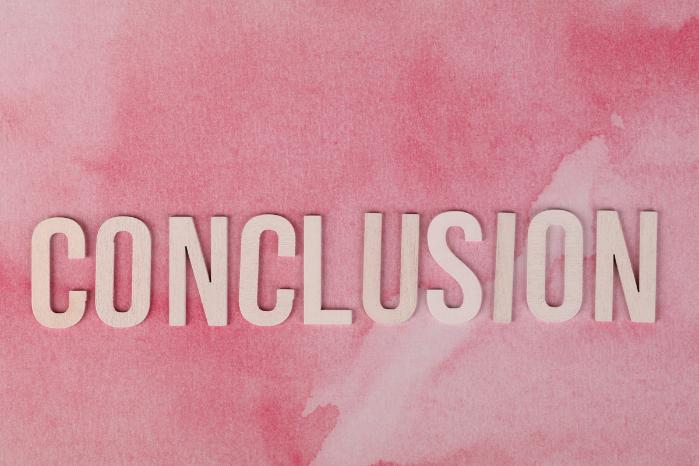
In conclusion, “Rich Dad Poor Dad” is not just a book; it’s a roadmap to financial success and independence.
Through its timeless lessons and practical wisdom, readers can gain valuable insights into building wealth, overcoming financial challenges, and achieving their dreams.
As I reflect on my own journey with Rich Dad Poor Dad, I’m reminded of the profound impact it has had on countless lives around the world, including my own.
By embracing the principles of financial education, smart investing, and a wealth-building mindset, you too can chart a course towards a brighter financial future.
So, what are you waiting for? Dive into the pages of Rich Dad Poor Dad and unlock the secrets to financial freedom today!
Books By Robert Kiyosaki
- Rich Dad’s CASHFLOW Quadrant
- Rich Dad’s Guide to Investing
- The Business of the 21st Century
- RETIRE YOUNG RETIRE RICH
- Fake – MM Export Ed
- Increase Your Financial IQ
FAQs
Is Rich Dad Poor Dad a good book for beginners?
“Rich Dad Poor Dad” is an excellent book for beginners looking to enhance their financial literacy and mindset.
It challenges traditional beliefs about money, offering practical advice on building assets, creating passive income, and developing a strong money mindset.
The book is inspiring, motivating readers to take action towards financial success. It’s beneficial for young adults starting their careers, small business owners, entrepreneurs, investors, and anyone aiming for financial freedom.
By providing valuable insights and guidance, “Rich Dad Poor Dad” empowers readers to make informed financial decisions and work towards achieving their wealth-building goals in a friendly and engaging manner
Which age should read Rich Dad, Poor Dad?
Since its initial publication in 1997, “Rich Dad Poor Dad” has become a global phenomenon, selling over 44 million copies and remaining a bestseller for decades.
The book continues to inspire readers around the world, encouraging them to rethink their approach to money management and financial education.
The book’s success stems from its relatable storytelling format, practical advice, and inspirational content.
Readers appreciate the author’s honest account of his childhood experiences with two distinct financial role models: his “poor” father, who worked a steady job, and his “rich” father, who taught him about wealth creation and entrepreneurship.
Moreover, “Rich Dad Poor Dad” addresses topics such as financial literacy, asset accumulation, and the importance of financial education, which remain relevant and essential for modern readers seeking to improve their financial situations
Does Rich Dad Poor Dad teach how do you invest?
“Rich Dad Poor Dad” by Robert Kiyosaki does indeed provide valuable insights on investing, albeit indirectly.
The book focuses more on fundamental financial principles and mindset shifts necessary for successful investing rather than specific investment strategies.
It emphasizes the importance of financial education, asset acquisition, and understanding the difference between assets and liabilities.
By instilling a mindset of seeking opportunities, taking calculated risks, and continuously learning about money and investments, “Rich Dad Poor Dad” lays a solid foundation for readers to embark on their investment journey with confidence and knowledge.
Is Rich Dad Poor Dad easy to understand?
“Rich Dad Poor Dad” is written in a narrative style that is easy and entertaining to read, making it accessible to a wide range of readers.
The book offers practical advice and actionable steps on how to build assets, create passive income streams, and develop a strong money mindset.
It challenges traditional beliefs about money and wealth, and encourages readers to think differently and consider alternative paths to financial independence.
The book is ideal for anyone interested in improving their financial situation, whether you’re just starting out in your career or looking to build assets and create passive income streams to support business growth.
Overall, “Rich Dad Poor Dad” is a must-read for anyone interested in building wealth and achieving financial freedom.
What are assets rich dad poor dad?
In “Rich Dad Poor Dad,” author Robert Kiyosaki introduces us to the world of assets—those resources that generate income and appreciate in value over time.
Unlike liabilities, which consume money and depreciate, assets empower you to build wealth and achieve financial freedom.
Examples of assets include real estate properties, stocks, bonds, businesses, and intellectual property.
When managed correctly, these assets can produce steady cash flows and contribute significantly to your net worth.
Embracing the concept of assets is a fundamental step towards breaking away from the paycheck-to-paycheck cycle and building a solid foundation for lasting financial success.
Rich dad poor dad assets and liabilities examples?
In “Rich Dad Poor Dad,” assets are defined as things that put money in your pocket, while liabilities take money out.
Examples of assets include rental properties generating passive income, dividend-paying stocks, or a profitable business.
On the other hand, liabilities are items like car loans, credit card debt, or a mortgage on a property that doesn’t generate income.
Understanding this distinction is crucial for building wealth and achieving financial independence.
By focusing on acquiring assets that generate income and minimizing liabilities that drain resources, you can set yourself on the path to financial success and freedom.
Is rich dad poor dad worth reading?
Yes, “Rich Dad Poor Dad” is worth reading.
The book offers valuable insights and actionable advice on money management, investment strategies, and financial education.
It challenges readers to think differently about money and wealth, and encourages them to take control of their finances, invest in assets, and build passive income streams.
The book is written in an engaging and accessible style, making it easy to follow and understand.
It is ideal for readers interested in gaining a deeper understanding of financial literacy, entrepreneurship, and wealth-building.
Whether you’re a young adult starting your career or someone already established in your field, “Rich Dad Poor Dad” can help you achieve greater financial success and freedom.
Can rich dad poor dad makes you rich?
“Rich Dad Poor Dad,” while packed with insightful ideas, isn’t a magic formula for becoming wealthy overnight.
Instead, it equips you with tools to develop a financially savvy mindset and empowers you to make informed decisions about managing money and building wealth.
The book serves as a guide to help you break away from traditional thinking patterns and adopt a more strategic approach towards achieving financial freedom.
When rich dad poor dad published?
In 1997, Robert Kiyosaki released “Rich Dad Poor Dad,” a groundbreaking book that has since become a worldwide phenomenon.
This personal finance classic shares the author’s experiences growing up with two distinct views on money, one from his actual father (“poor dad”) and the other from his best friend’s father (“rich dad”).
The book challenges conventional wisdom about money, encouraging readers to develop a financially independent mindset and offering practical guidance on building wealth.
Today, “Rich Dad Poor Dad” continues to empower readers globally, with sales exceeding 36 million copies in multiple languages
Why rich dad poor dad is a bad book?
While “Rich Dad Poor Dad” has been a popular and influential book for many readers, some critics argue that it is a bad book for several reasons. Some of the criticisms include
- Lack of concrete advice: Some readers feel that the book is light on practical advice and instead relies on vague concepts and anecdotes.
- Questionable financial advice: Some financial experts have criticized the book’s investment strategies, arguing that they are risky and not suitable for everyone.
- Simplistic worldview: Some readers feel that the book presents a simplistic view of wealth and success, ignoring the complexities of social and economic systems.
- Self-promotion: Some critics argue that the book is more about promoting the author’s brand and products than providing valuable financial education.
While these criticisms are valid, it’s important to note that “Rich Dad Poor Dad” has also had a positive impact on many readers’ financial mindsets and has helped them achieve greater financial success and freedom.
Ultimately, whether or not the book is “bad” depends on the reader’s perspective and individual needs.
Does rich dad poor dad works?
While the effectiveness of “Rich Dad Poor Dad” may vary from person to person, the book has undoubtedly helped many readers achieve greater financial success and freedom.
Its timeless messages about financial education, asset acquisition, and passive income have inspired countless individuals to take control of their finances and pursue their financial goals.
By challenging limiting beliefs about money and wealth, “Rich Dad Poor Dad” has empowered readers to think differently about their financial futures and take action towards achieving financial independence.
Ultimately, the book’s effectiveness depends on the reader’s willingness to apply its principles and take action towards building a better financial future.
My Social Links: Quora, Facebook, Linkedin, Pinterest, X (Twitter)

